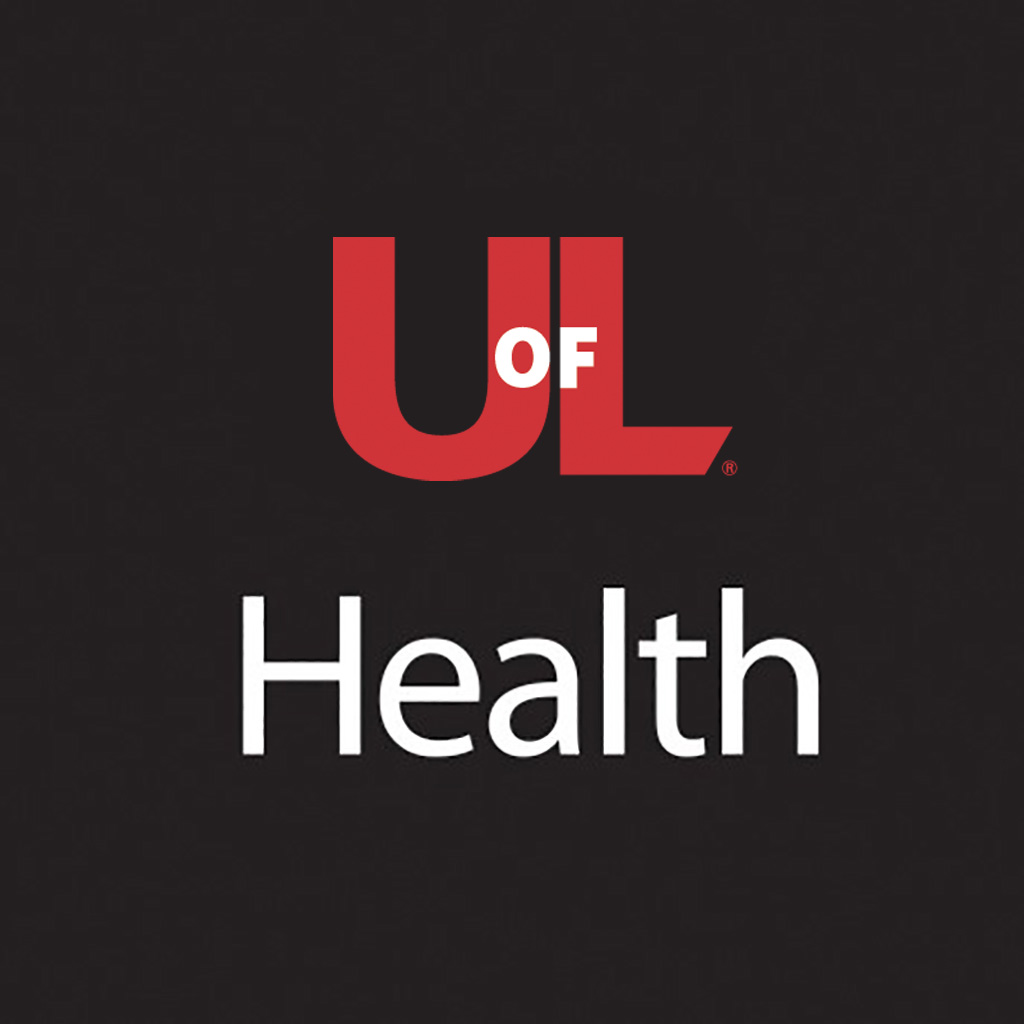The American Cancer Society (ACS) recently awarded UofL Health – Brown Cancer Center a $10,000 grant to help alleviate the financial burden of transportation costs for cancer patients in Kentuckiana. The grant will enable the Brown Cancer Center to assist more than 100 cancer patients with more than 300 rides to treatment in 2021.
For cancer patients, lack of transportation creates a significant barrier to receiving lifesaving treatment and is known to contribute to disparities in cancer outcomes. The ACS grant is part of a $2 million national transportation investment provided to health systems across the country.
Each year, the ACS typically serves under 6,000 cancer patients with transportation assistance through our existing transportation grants program. During 2020, the program provided more than 71,000 rides. But a gap remains in many communities for cancer patients for whom transportation is a challenge.
“ACS patient support services—such as these transportation grants—fill critical cancer gaps and are aligned to the ACS goal of improving lives of patients and their families,” said Kathy Goss, Ph.D., regional vice president of Cancer Control at the American Cancer Society. “The newly awarded grant funding provides a boost of support to help address currently unmet needs in the state of Kentucky and southern Indiana.”
“While patients who live close to the cancer center have several options to assist with transportation, many of our patients and their caregivers live just outside of the city limits and have few resources to assist with accessing services. This grant will have a tremendous impact on those individuals who would otherwise miss treatment, or be forced to seek subpar care, due to lack of transportation assistance in their communities.”
Transportation is the third most commonly cited barrier to accessing health services for older adults. Every year, 3.6 million people in the United States do not obtain medical care due to transportation issues. Transportation issues include lack of vehicle access, inadequate infrastructure, long distances and lengthy times to reach needed services, transportation costs and adverse policies that affect travel.









